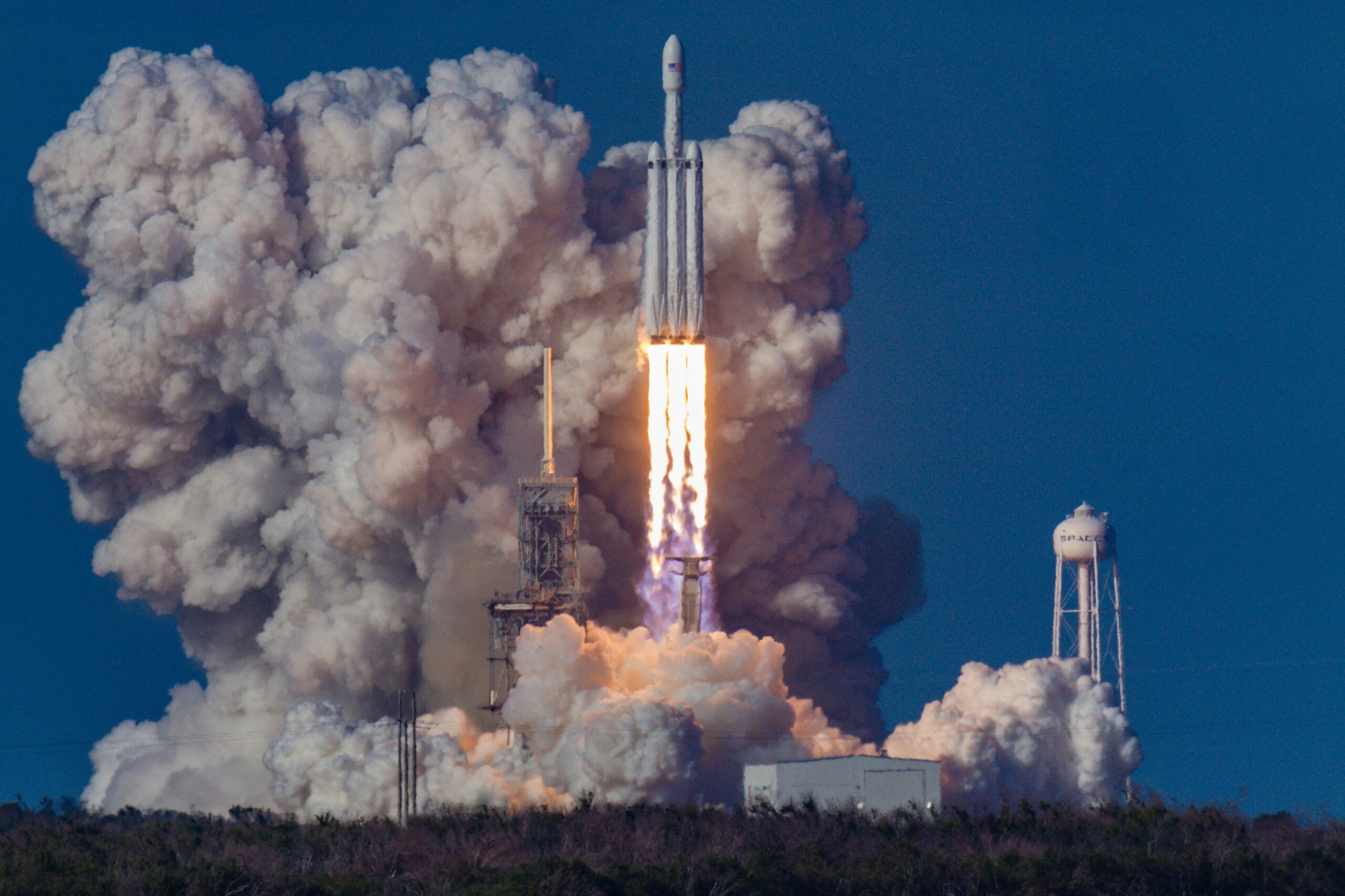SpaceX might soon manage some of the United States government’s most important satellite missions. The Space Force has approved SpaceX to launch top-secret spy satellites utilizing Falcon Heavy rocket launchers with reusable booster rockets. After all, this step gives SpaceX more high-profile government missions, but it also promises to save the federal government money by lowering the costs of ferrying these satellites to orbit. The Space Force has already saved more than $64 million by using reusable Falcon 9 rockets for GPS missions, according to Space Systems Command’s Falcon chief Walter Lauderdale.

The certification was issued by the Space Force in June, but the approval was not made public until now. SpaceX’s Falcon 9 rockets can carry spy satellites, but they don’t always have the power required for heavier payloads. The first Falcon Heavy-based launch is scheduled for October or December, with SpaceX delivering a National Reconnaissance Office satellite.
Competing rocket manufacturers may suffer a serious, albeit brief, setback as a result. For a version of its Vulcan rocket using Blue Origin motors, the joint venture between Boeing and Lockheed-Martin, United Launch Alliance, has still not gotten comparable approval. 39 national security launches scheduled for the fiscal years 2025 through 2027 are still being reviewed by Air Force authorities. Although its earlier certification may have an impact, SpaceX is not assured to earn business that might otherwise go to ULA.



